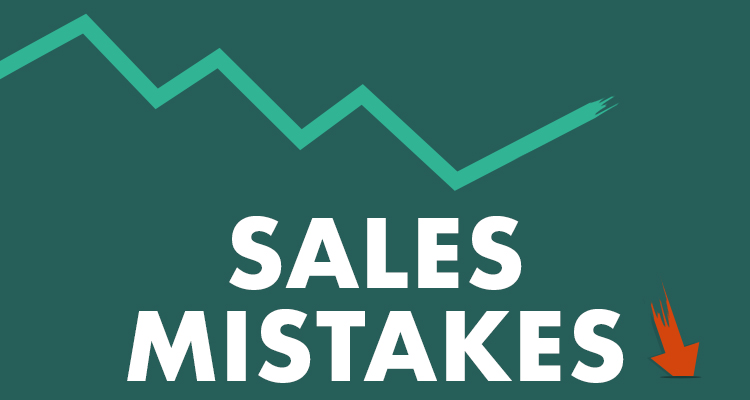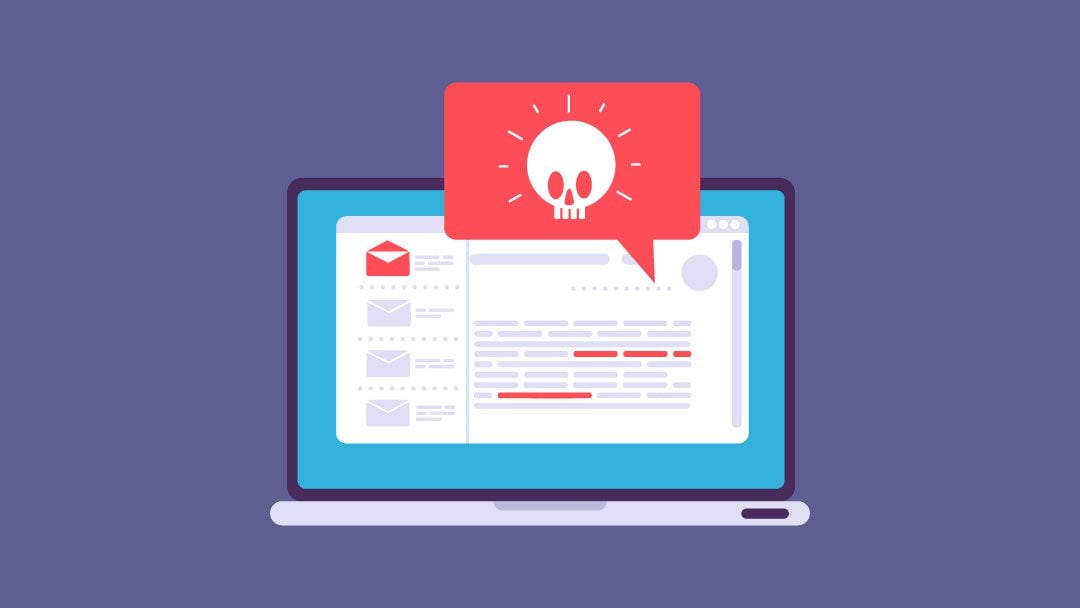The “YOU MUST KNOW” of IT Companies
IT outsourcing is notoriously known for false promises, sub-standard quality of software and an inability to deliver products that can actually be used.
We discovered that more than half of our clients have burnt their fingers with such IT companies before choosing Anteelo and finally getting software delivered in the way it should have always been.
This post is based on true stories and is a compilation of the most common and shocking stories and experiences we have heard from our clients over the past few years.
1. False promises by sales teams

Often, the first meeting with any IT company will be with people from their sales team, who are usually non-technical and may not understand your business problem, vision, and product at all. However, they have been trained and groomed to say the right set of words which sound convincing and make you decide in their favor.
In such meetings, the sales team also tends to commit and agree to many terms which are then rarely delivered in practice. Most of the times, the complexity and understanding of what is being committed to being completely missing.
2. Deep organizational hierarchies

Most companies will never get you in touch with the set of developers and designers who are going to ultimately work on your project. That communication is often forced to go through product managers, project managers, team leads and various such roles where everyone adds their own subjective interpretation leading to a lot of important decisions just getting lost in translation.
The reason for this obfuscation is that most companies would hire very junior or young developers with incompetent design and software development skills and provide them with zero training. Often they are learning on the job as they are building your product, which means that the code quality being delivered is poor and the product is riddled with a large number of bugs and issues, often leading to an unsatisfactory and unusable project.
Another common scam is further outsourcing your work to another company without your permission. That means that the quality of work goes down even further since the communication gap widens. Also, it can be assumed that in most cases, the second company will be even cheaper and that will reflect in their hiring and quality standards as well.
3. Not sharing source code with clients

Since most clients of IT companies are non-technical, IT companies would often take advantage of the fact that the client’s entire source code is under their control. The unsuspecting client is also unaware of the importance of this ownership until things turn sour in the relationship. Source code transfer often becomes the hostage before the scores are settled.
4. Charging exorbitant hosting fees

Taking advantage of the nontech awareness of their clients, many IT companies would charge a hefty monthly fee in the name of server hosting, etc. even if the same can be done at a much cheaper cost. Most clients will simply give-in because they will not understand the correct facts and have no option left but to believe what they chose IT company is suggesting.
5. Fake claims about skills and clientele

Websites of most IT companies claim to have great competencies, skills and clients listed. While most of them may be true, but most people get fooled into believing that the company has built the whole product for the clients they have listed.
As a client, always ask for the details of what the company did for that client. Did they work on their whole product or a part of it? What exactly was their role and how long was their engagement? Demand for answers to be explained to you in a simple non-technical way.
6. Delivering software as per spec, but not as per common sense

Most companies will ask their clients to create a product spec or requirements document to define exactly what they are trying to build. And the IT company will share a time and cost estimate accordingly. But no company will bother to improve the spec or explain the shortcomings in the document to the client. Often there would be features in the spec which may not be that important to the client but would take significant development time. Nobody in the team (sales or development) would take the initiative of asking the client whether such features are important or can be skipped.
Eventually, a combination of a vague product spec and a team of incompetent developers means that the product will never be completed. Most companies will just get into a never-ending cycle of bug fixing where one bug fix leads to another and months go by and nothing is ever ready to ship.
Even in the rare case that the product is actually completed, it may tally to the spec document on a point by point level, but the overall product will be unstable and practically unusable.
7. Delivering software which will crash as soon as actual workloads start
/software-developer-job-description-salary-and-skills-2061833-Final-c1443780296e40869075925f9b96fb5e.png)
Lack of proper testing across a variety of devices and platforms leads to issues which can be hard to detect until it’s too late. Often the developers and sales teams will be smart enough to show you a product demo in a very limited and controlled environment but the moment the product will go live, everything will begin to fall apart. Your users will complain of your app crashing on their phones or not working as expected.
Such issues are even more devastating since by then you would have already announced your product to your connections and damage control would be nearly impossible.
It’s important to evaluate your IT company on multiple factors, not just the final price. Making a good choice could lead to an association that could last for years and helps you with your product and startup vision for a long time. A bad choice could mean that your startup ambition could fail even before it lifts off from the ground.


